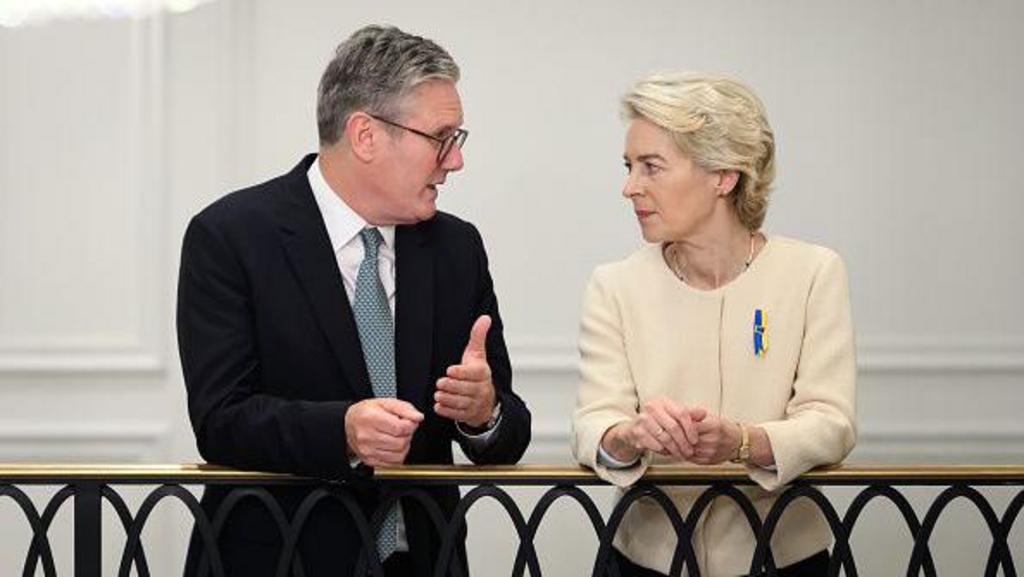A prominent UK business advocacy group is urging a significant reset in UK-EU relations, advocating for a collaborative approach to overcome Brexit divisions and foster stronger ties.
In a pre-summit report, released before the upcoming May 19th London meeting, the group proposes practical measures to streamline travel, reduce bureaucratic hurdles, and facilitate joint action on critical areas such as energy, climate, and defense.
The CBI asserts that the current framework is inadequate in the face of escalating geopolitical risks and economic instability.
The EU remains the UK’s largest trading partner, and the government has publicly committed to forging a renewed post-Brexit relationship. While stating its intention to act in the national interest, the government has refrained from commenting further on specific agreements.
The CBI’s recommendations include facilitating cross-border workforce mobility, restoring professional qualification recognition, and reinstating youth mobility programs to enable young people to live and work in both regions.
Government objectives include a defense pact and a broader renegotiation of trade relations. A potential security agreement could enhance UK participation in EU defense procurement and access to financing schemes for British defense companies.
A key EU demand is the revival of youth mobility schemes, allowing young people to study and work temporarily in both the UK and EU. While initially opposed, the UK’s stance has softened recently.
European Relations Minister Nick Thomas-Symonds recently indicated to the Financial Times an openness to considering “sensible EU proposals” regarding such schemes.
The CBI highlights that these mobility schemes would expand the talent pool available to UK businesses, while simultaneously offering UK citizens access to a wider range of employment opportunities.
These proposals, reflecting the perspectives of over 400 UK companies, are aligned with BusinessEurope’s priorities. Airbus, a significant employer in the UK, voiced its support, emphasizing the importance of seamless cross-border movement of people, materials, and ideas for business success in Europe.
Energy UK similarly highlighted the potential for enhanced climate and energy cooperation as a low-hanging fruit in strengthening UK-EU relations.
The report also addresses concerns in Northern Ireland, where new trade regulations and impending carbon taxes are projected to cost businesses up to £200 million annually.
CBI Director-General Rain Newton-Smith stated: “The global landscape has shifted, necessitating a corresponding evolution in UK-EU relations. This is about fostering growth, resilience, and global competitiveness. The business community stands ready to contribute.”
The government maintains its position against rejoining the EU, including its single market and customs union.
Public opinion polls suggest a significant portion of Britons might accept freedom of movement as a condition for rejoining the single market.
The UK economy’s better-than-expected growth in early 2025 presents a positive narrative and an opportunity to bolster the UK’s global appeal.
This stronger-than-anticipated economic performance, recorded between January and March, occurred before the implementation of UK and US tax increases in April.
The prime minister anticipates a substantial decrease in immigration numbers under the new policy framework.
Official figures reveal a decline in the number of workers on payrolls during the first quarter of the year.

